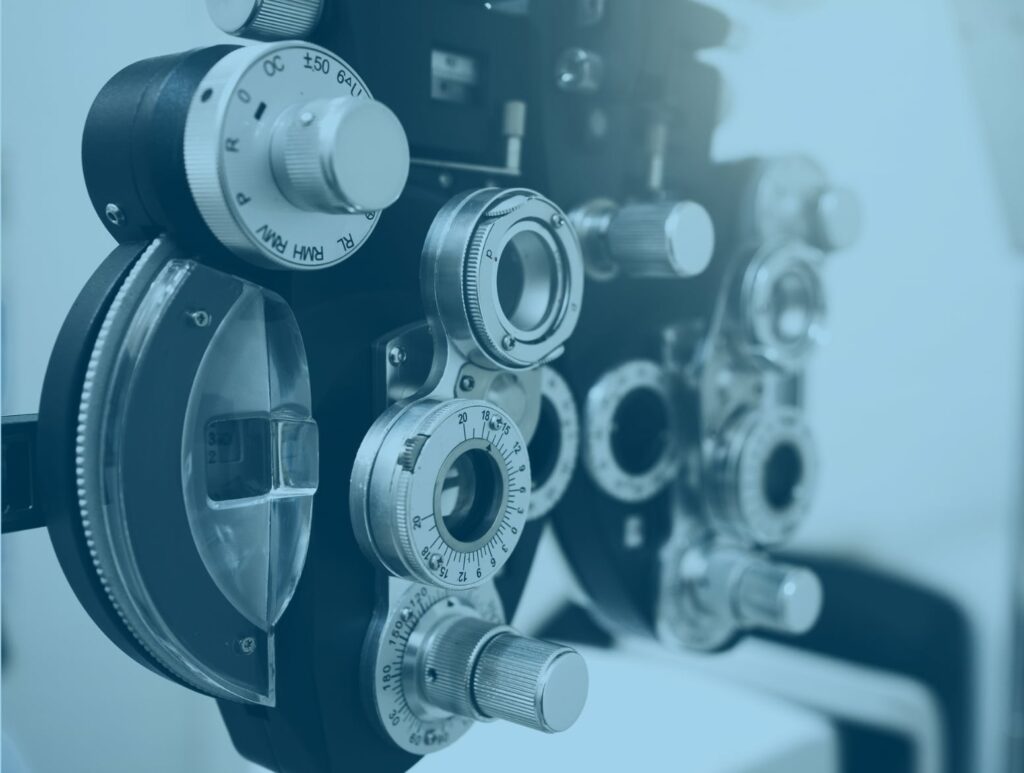Featured
Table of Contents
Eye health is a crucial part of overall wellness, and routine eye examinations play a crucial function in preserving excellent vision throughout life. Each age group has specific demands and threats associated to eye wellness, making it vital to adhere to tailored recommendations for eye exams. Right here's a detailed review of how usually eye tests need to be scheduled for different age.
After the initial examination, children should have a second eye assessment around age 3, when they can better join testing and evaluation. If no vision problems are identified, the following exam is suggested prior to beginning school, normally around age 5. Early discovery of concerns can lead to timely treatment and support healthy and balanced aesthetic growth.
Parents must try to find indicators of vision issues, such as trouble checking out the chalkboard, squinting, or suffering headaches. It's vital to set up an eye test quickly if any of these signs develop. Children who participate in sports may gain from yearly eye tests to guarantee optimum visual performance and safety during activities.
![]()
Young adults usually experience digital eye strain as a result of comprehensive screen time, leading to signs like dry skin and pain. Looking for an eye test is essential if you see these symptoms. An eye treatment specialist can offer solutions, such as computer system glasses or way of living changes, to ease strain.
For individuals with health conditions like diabetic issues or high blood stress, more regular tests might be needed. Regular surveillance is necessary for early discovery and monitoring of potential difficulties that can affect vision.
Senior citizens may also experience changes in their aesthetic assumption, such as difficulty seeing in low light or differentiating shades. Normal eye examinations enable for timely intervention and assistance keep self-reliance and lifestyle.
Infants (0-2 Years)
Infants undertake significant visual development in their very early years, making very early eye evaluations critical. The American Academy of Pediatrics recommends that infants have their first eye test at regarding six months of age. This initial visit aids identify any type of possible vision issues, such as strabismus (crossed eyes) or congenital cataracts, which can affect development otherwise attended to early.After the initial examination, children should have a second eye assessment around age 3, when they can better join testing and evaluation. If no vision problems are identified, the following exam is suggested prior to beginning school, normally around age 5. Early discovery of concerns can lead to timely treatment and support healthy and balanced aesthetic growth.
Children (3-18 Years)
For school-aged children, normal eye exams are essential for both scholastic success and basic wellness. Children should have their eyes checked every one to two years, depending upon their private needs. Institutions usually carry out vision testings, yet these do not replace extensive eye examinations by an eye care expert.Parents must try to find indicators of vision issues, such as trouble checking out the chalkboard, squinting, or suffering headaches. It's vital to set up an eye test quickly if any of these signs develop. Children who participate in sports may gain from yearly eye tests to guarantee optimum visual performance and safety during activities.
Youthful Grownups (19-39 Years)
Throughout young their adult years, several people enjoy fairly steady vision, but that doesn't suggest eye care can be ignored. Young person must set up comprehensive eye exams every two years. Those that wear call lenses or have a family background of eye illness must think about yearly exams.
Young adults usually experience digital eye strain as a result of comprehensive screen time, leading to signs like dry skin and pain. Looking for an eye test is essential if you see these symptoms. An eye treatment specialist can offer solutions, such as computer system glasses or way of living changes, to ease strain.
Adults (40-64 Years)
As individuals enter their 40s, modifications in vision can become more apparent, especially presbyopia, a condition that makes it testing to concentrate on close items. Grownups in this age group must schedule eye examinations each to 2 years. This is additionally the age when many eye illness, such as glaucoma and diabetic retinopathy, can begin to establish.For individuals with health conditions like diabetic issues or high blood stress, more regular tests might be needed. Regular surveillance is necessary for early discovery and monitoring of potential difficulties that can affect vision.
Elders (65 Years and Older)
Elders go to a boosted threat for different eye conditions, including cataracts, age-related macular degeneration, and glaucoma. It's advised that people matured 65 and older have an eye examination a minimum of annually. Early discovery of these problems is crucial, as many can be dealt with effectively if captured early.Senior citizens may also experience changes in their aesthetic assumption, such as difficulty seeing in low light or differentiating shades. Normal eye examinations enable for timely intervention and assistance keep self-reliance and lifestyle.
Verdict.
Focusing on eye care and normal exams guarantees that individuals can appreciate clear vision and a far better top quality of life, making eye wellness a vital element of long-lasting wellness. Normal consultations with an eye treatment specialist will certainly pave the means for healthier eyes and a brighter future.Table of Contents
Latest Posts
Secret Preventive Maintenance Providers for Lorry Long Life
Published Nov 23, 24
0 min read
Discover the Bath Fitter Lifetime Warranty: Your Assurance for a Lasting Bathroom Upgrade
Published Nov 23, 24
2 min read
Maintain Your Vinyl Flooring with These Tips
Published Nov 23, 24
1 min read
More
Latest Posts
Secret Preventive Maintenance Providers for Lorry Long Life
Published Nov 23, 24
0 min read
Discover the Bath Fitter Lifetime Warranty: Your Assurance for a Lasting Bathroom Upgrade
Published Nov 23, 24
2 min read
Maintain Your Vinyl Flooring with These Tips
Published Nov 23, 24
1 min read